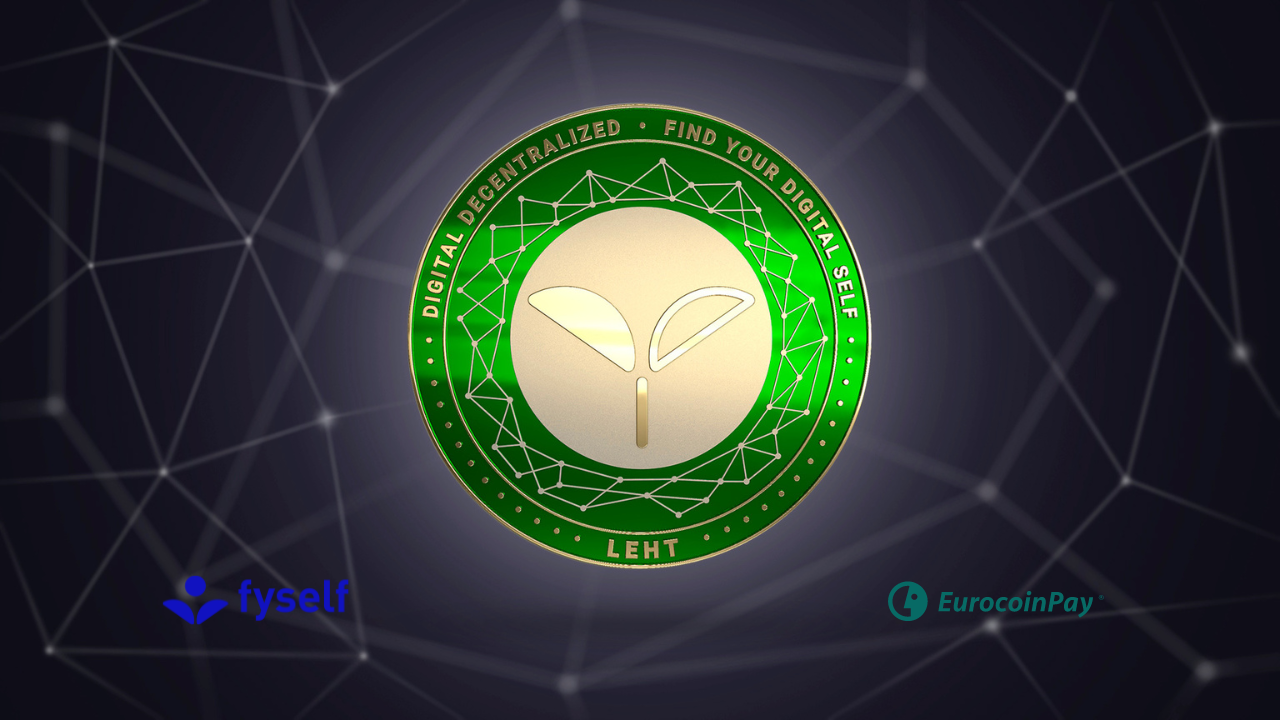How do institutions verify people?
If you are going to hire a new employee for your company, you will surely do a process of verification. This is how you check if everything his/her resume says is true. Or at least make sure that they don’t have a criminal record.
Journalists need information about their source to corroborate the credibility of a story. The parents of a baby check the background of who offers to babysit. Some people even investigate the blind date they found on the Internet before showing up at the meeting point.
Finding someone on the Internet is not easy. But is definitely a challenge that many people would go for.
Verify a person’s identity: a challenge for institutions
When applying for a vacancy, the future employee must carry a CV. Many times the curriculum has already been consulted online by the employer. But how do they know if you have no criminal record or if the information you provide about yourself is real?
The solutions that exist for that, at the moment are limited.
- Social networks. People lie on social networks. They supplant identities, change their name and even falsify merits in order to get a job or a certain reputation.
- Government or police databases. Institutions linked to government, police, etc. They have access to records about people which they can freely consult. There they have a set of basic data such as birth date, address, criminal record, etc.
- Background check sites. In some countries such as the United States, it is popular to use tools that allow criminal background searches and other information about people. Examples of background checking sites: Peoplefinders, WhitePages, CriminalSearches.
Problems of current methods to verify people
These sites are not public databases, but tools to which a certain set of people have access, whether for administrative or police reasons, or because they pay a limited service to find people of interest.
For several reasons, these methods are perfectible.
Methods to verify people and possible solutions
- Little access to information. For understandable privacy reasons, not many people have access to information that the government or the police can provide about others. It is totally logical. Although, it can limit the intention of verifying individuals to know if they are suitable for a job, task or responsibility.
Solution: An interface where references given by other people build the identity of a subject through an automated and scientifically validated method.
- Even when you have full access, these tools return information in limited fields, which correspond to the reason for which they were designed. But your company’s information interests do not necessarily match those of another business. An airline needs to know the medical history of a pilot to ensure that he will not have an epileptic attack in a flight. A law firm pays attention to academic performance at Harvard or the relationships that the applicant could build in his Alma Mater.
Solution: a tool that provides its business customers with the possibility of developing their own templates. This ensures that these include only the aspects relevant to the company given among all the available information about the identity of a person.
- Not in all countries private clients have access to people’s information to investigate them.
Solution: a tool that provides companies with data about people, but always respecting the security categories that individuals have provided to each of their data online, respecting the regulations of the European General Data Protection Regulation.
- In many countries there is a segment of the population that is not identified by the authorities, which substantially limits people’s lives and also the ability to find them, take them into account for a job and pay them.
Solution: A software that provides the proper interface for a census of undocumented people around the world. In this way, some companies could send volunteers to censor undocumented people in order to create a business model based on data. People without identification would provide their information free of charge in order to have an online identity that facilitates them to travel, have credit cards, or make online payments.
If you are looking for the online tool that summarizes these solutions, you may not find it at first. But you will soon know about it … eyes open 😉
Artículos relacionados


